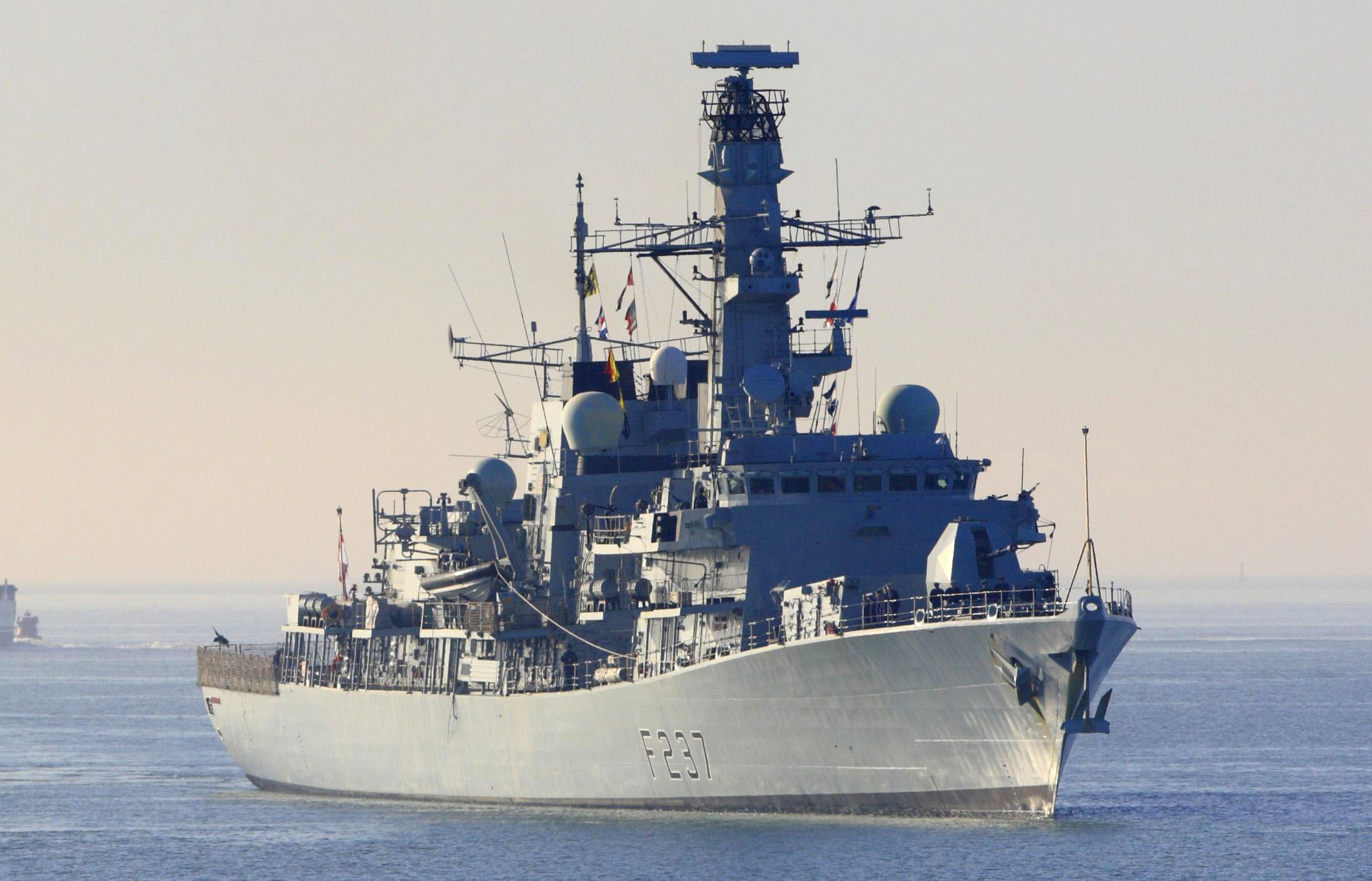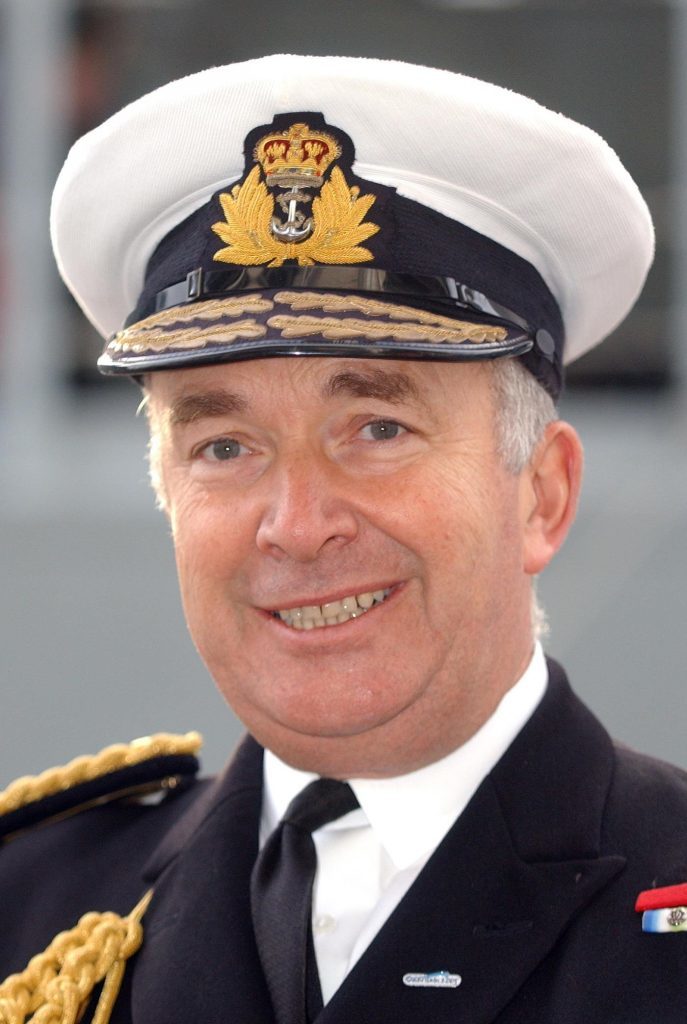The UK Government is not being straight with the public about cashflow problems at the Ministry of Defence and its “bloody dangerous” delay in replacing the Navy’s ageing frigates, according to a former First Sea Lord.
Delaying the Type 26 frigate programme will leave the UK fleet “grossly inadequate” for the tasks ahead, Lord West of Spithead told the Commons Defence Committee.
The Labour peer, a former First Sea Lord and Chief of Naval Staff, said the Tory government are “being economical with the actualite” when they say the frigates are being held up by design changes when “the reality is there is not enough money in the MoD”.
A Unite union convener told the committee they expect construction to be delayed until early 2018, leaving the Clyde shipyards overstaffed for at least two years.
However, the managing director of frigate contractor BAE Systems refused to speculate on when the construction would begin, insisting they are still in “detailed negotiations with the MoD”.
Lord West insisted the Royal Navy needed more frigates to meet its defence and economic security obligations around the world.
Committee convener Julian Lewis (Conservative) said: “What you are saying is the existing total of 19 frigates and destroyers is inadequate for the tasks that are laid upon them.
“So if there were to be any delays in the coming into service of Type 26 that took us effectively below the total of 19 we would be going from inadequate to grossly inadequate?”
Lord West said: “Absolutely.”
SNP Dunfermline and West Fife MP Douglas Chapman said: “We have heard that cutting steel on the Clyde will be delayed from 2016 until possibly the first quarter of 2018.
“Are you aware of any technical or design problems that necessitate that delay in the production of the Type 26?
“And if it’s not design, what’s your view on what the bottleneck might be?”
Lord West said: “There’s almost no money available this year, and we are really strapped next year.
“The Government aren’t coming clean about that.”
He added: “To pretend that you’re going to order all of these, that they are really important, but that ‘there are little problems over design and things’ is, I’m afraid, being economical with the actualite.
“The reality is there is not enough money in the MoD this year and next year.
“We’ve run out of money effectively, and therefore they have pushed this programme to the right.
“And that is bloody dangerous because whenever you do that it costs you more money.”
Duncan McPhee, Unite manual convener at Scotstoun, said: “We’re very concerned because we thought we would be starting the Type 26 programme basically this year, and now we’re being told that there is a delay – particularly on the manufacturing part of it – until late 2017.
“That means you’re talking quarter one of 2018 before manufacturing starts in any meaningful way.
“So while we’re working on the offshore patrol vessels at the moment, as most people are aware, they are nowhere near the size of a frigate or a destroyer.
“So we have got a workforce geared up for the Type 26 programme obviously working on the offshore patrol vessels at the moment, so we have got problems with the size of the workforce.”
John Hudson, managing director at BAE Systems, said: “We are in detailed negotiations with the MoD as to the build programme for the Type 26.
“Until those discussions are complete I am not in a position to be able to advise what the cut steel date might by for the Type 26 programme.”
The Prime Minister’s official spokeswoman said: “This Government has committed to meeting our 2% (of GDP) spend on defence, looking particularly at how we invest in first-class equipment for our armed forces.
“That is why we are delivering new aircraft carriers and investing in new Astute submarines.”
She added: “We are going to be spending £8 billion in the next decade. That is a considerable sum. That’s what the Royal Navy will be spending on new kit and new warships. Much of that is being manufactured on the Clyde.”



